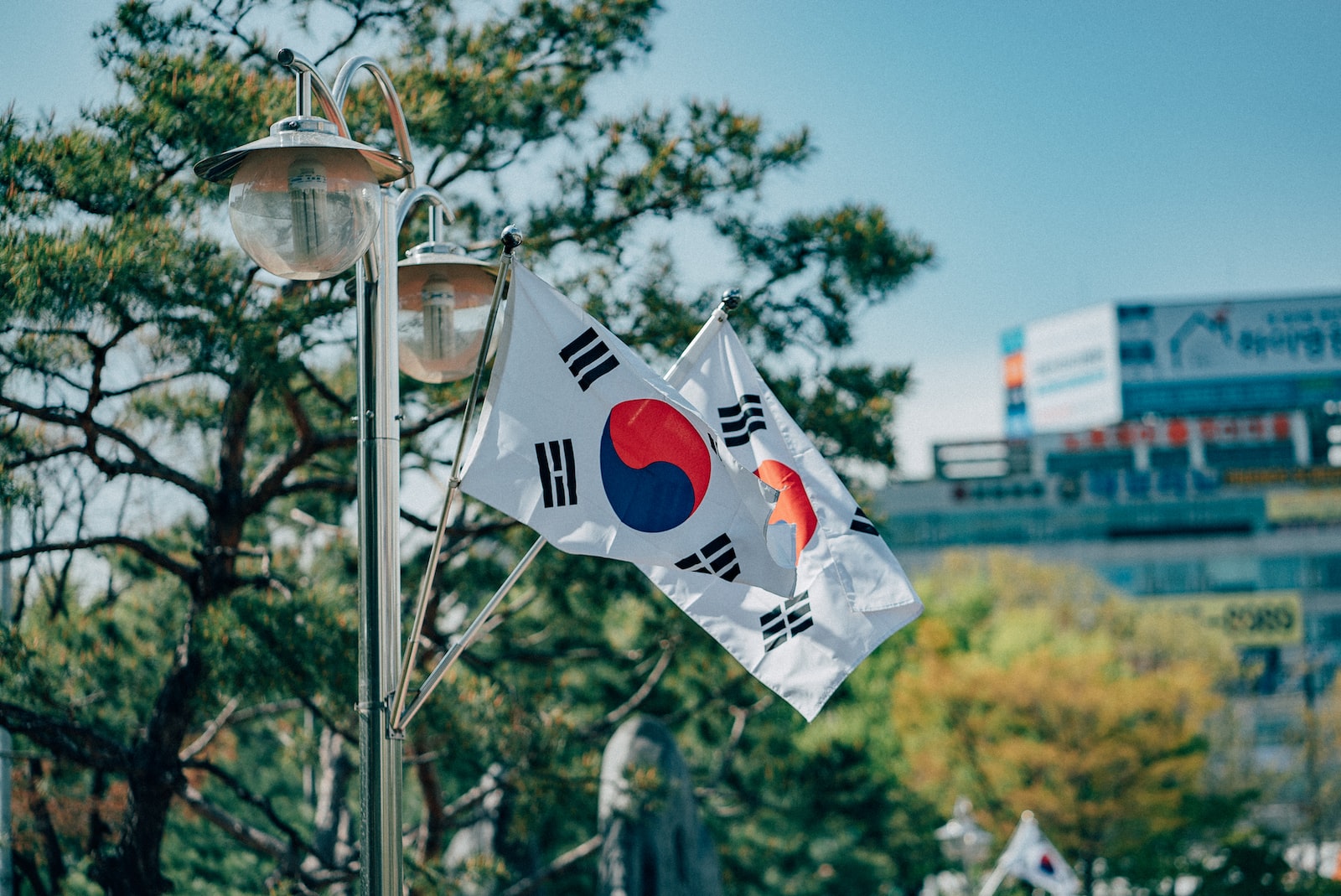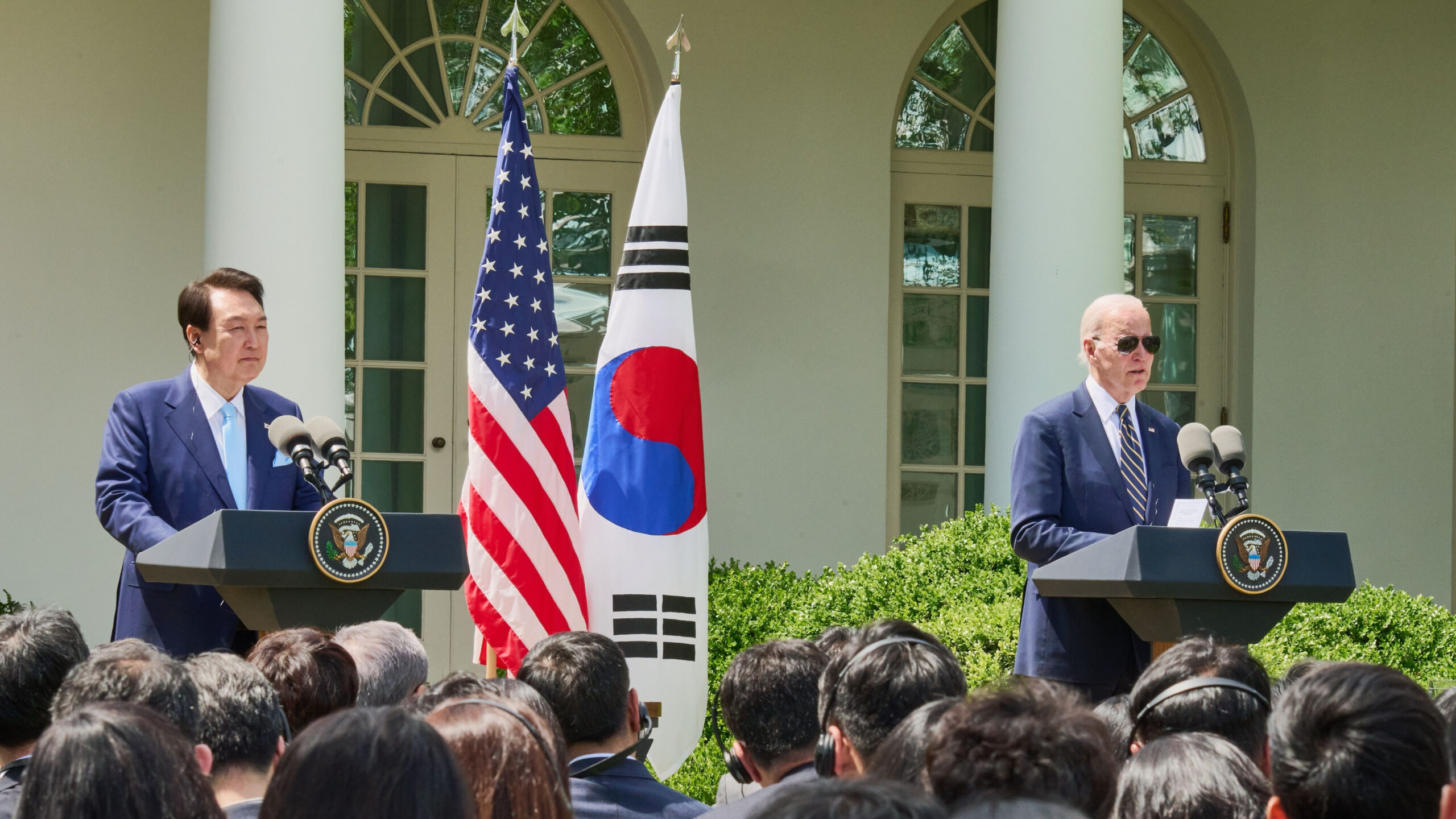South Korea’s Internet Traffic Tax: An Example for Europe To Follow? (Spoiler Alert: It Isn’t, Here’s Why)

Europe’s biggest incumbent telecom operators are trying to revive the idea that tech companies should pay them when responding to users’ requests for data. That is, the very same consumers that already pay telcos to get internet access, would now have to pay a second time for the same content through pricier streaming subscriptions or cloud services.
This telco pipe dream is currently being analysed by European regulators and politicians. Curiously, around the world only one country has ever implemented such an internet traffic tax. South Korea began introducing the Sending Party Network Pays (SPNP) concept in 2016 and experts agree that the experiment has failed. Consumer prices went up dramatically, the content offering became much less diverse, latency is now among the highest of OECD countries, and network investments are falling.
That begs the question: is this really the regulatory model Europe wants?
SPNP is the technical name for what we call an internet traffic tax. It means that the party sending traffic over the Internet to an end user (a streaming platform like Netflix or Spotify for example) is obliged to pay a fee to that user’s internet service provider (ISP) – such as a telco – in order for the traffic to actually be delivered.
In 2016 South Korea introduced a SPNP model, requiring ISPs to charge fees for data traffic they receive from each other. Four years later, the Korean telcos sought to extend the SPNP model to large domestic and foreign (e.g. Google, Facebook, and Netflix) providers of applications and content. While not yet a regulatory mandate, Korean ISPs have managed to force Korean content and application providers to pay network fees for the internet traffic they send over the networks of ISPs within the country in response to users’ requests with the acquiescence of regulators. Foreign firms have resisted these efforts, but legislation is now being considered in Korea that would make such payments mandatory.
The introduction of this SPNP had major consequences, both for South Korean consumers and their national internet ecosystem as a whole.
Various studies found that consumer prices increased significantly since 2016. South Korea is now among the countries where consumers pay the highest rates for mobile data in the world. To give an idea, the average cost of 1GB of mobile data in South Korea is more than €12, whereas the European average (across all operators) is just €1.85. South Korean consumer prices for mobile data are also seven times higher than the European average and over twice as much as in Finland, the EU country with the highest rates (€5.90 per GB).
In addition to much more expensive data plans, South Korean consumers have also seen the price of their Netflix subscription go up by 12.5 percent in recent years. This is a direct result of an ongoing legal dispute between the streaming platform and Korean ISP SK Broadband. What’s more, South Korea now has the worst latency rates of all OECD countries, latency being the amount of time it takes for data to travel from one place to another – the amount of delay you experience in a video call for example.
Indeed, latency has only gotten worse since South Korea implemented the SPNP model, starting at approximately 120 milliseconds in 2018 and reaching almost 160 milliseconds just two years later, as the OECD found in a recent study. On the other hand, European countries have shown a trend towards decreasing latency in recent years. Denmark, for example, went from 60 milliseconds to approximately 50 milliseconds.
Along with these shortcomings that consumers are experiencing directly, the SPNP model also impacts them indirectly, as it creates a less competitive market and reduces the incentive for network investments.
As a direct result of being pressured to pay high network fees to ISPs, numerous South Korean and foreign content providers have degraded the services they provide to Korean customers or simply decided to exit the market. For the same reason, smaller Korean content providers and startups increasingly encounter difficulties entering the market or expanding their market share. This has greatly reduced competition in South Korea and led to sharp decreases in terms of the level of service provided and the content offering available to consumers.
As if that wasn’t bad enough, the South Korean market is also experiencing a structural decline in network investment, both by local and foreign companies. Some worry that major infrastructure projects such as Google’s Apricot and Facebook’s Echo submarine cables may now skip South Korea altogether for these reasons. Surprisingly perhaps, the roll-out of 5G networks in South Korea is also slowing down, even though the country is perceived as a mobile tech champion by many abroad.
The situation in South Korea speaks for itself. An internet traffic tax removes the incentive to invest in high-speed network infrastructure. What more than this real-life experiment can explain how bad the introduction of the SPNP model would be for Europe?
If the European Union aims to actually reach its ambitious 2030 digital targets, surely a Sending Party Network Pays model is the last thing it needs.








